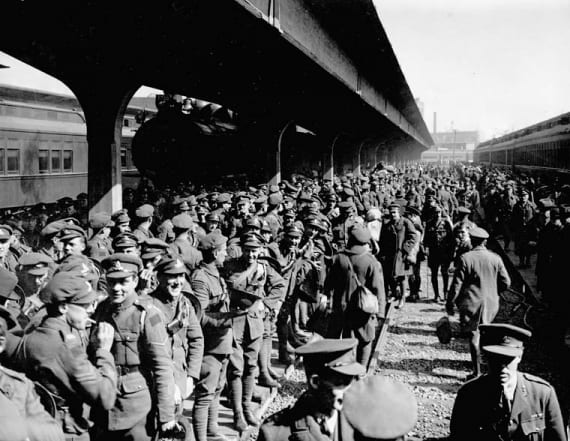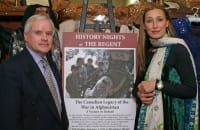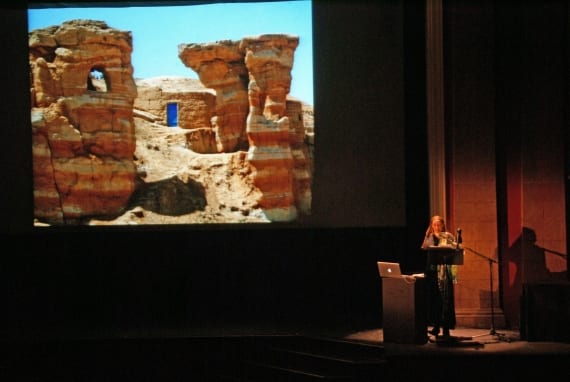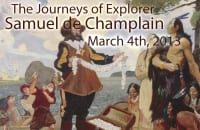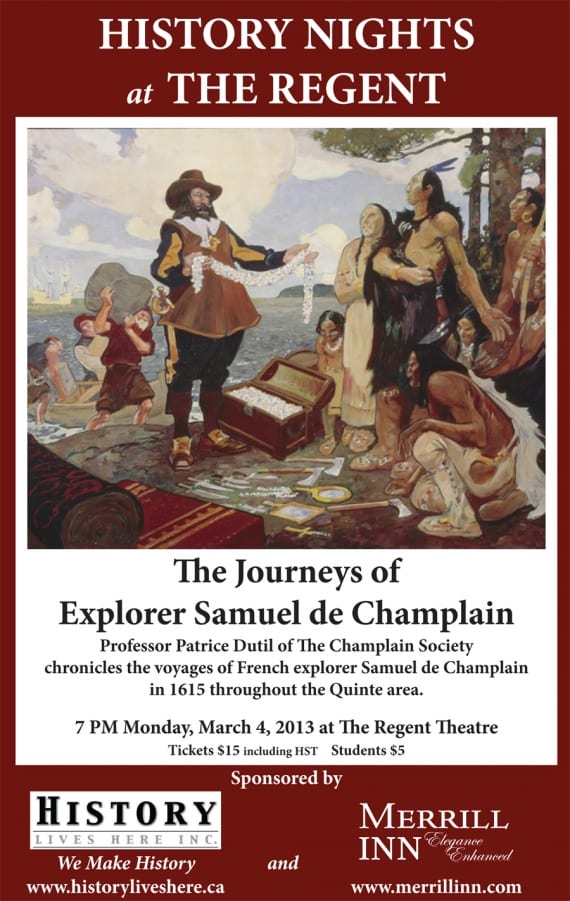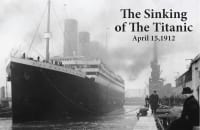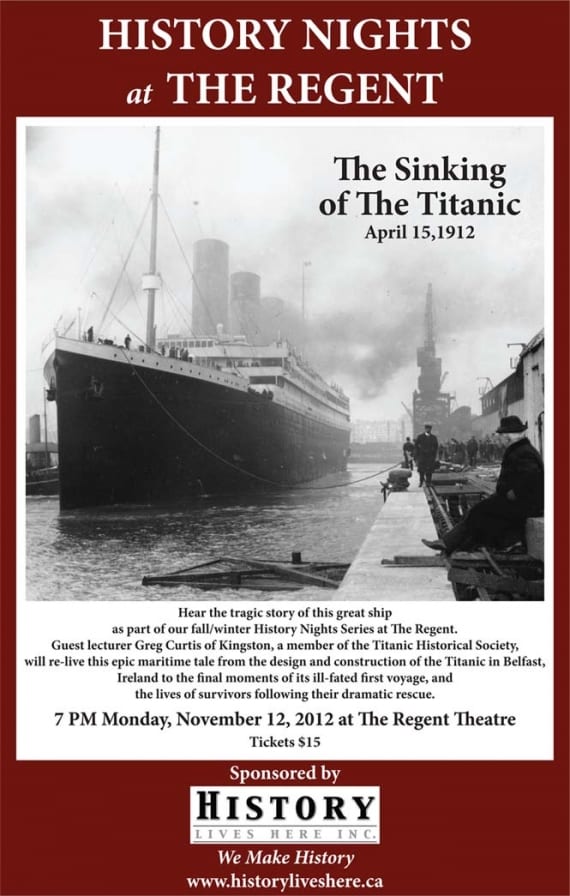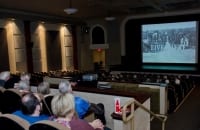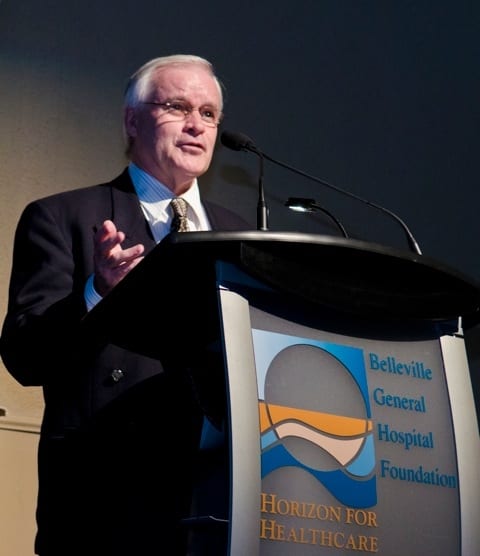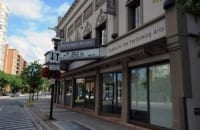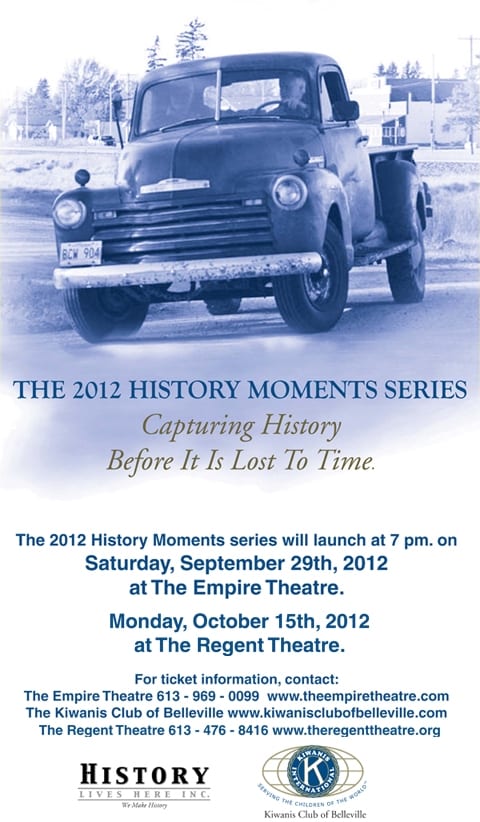Over the last year, a team of History Lives Here researchers has been pouring through archival records across the country to identify and develop a collection of photographic images from Canada’s military past.
The work is for a project called The National Wall of Remembrance, a commemorative project to honour Canadian soldiers who have fallen in battle since the War of 1812 through to contemporary times. A memorial wall listing the names of these soldiers with depictions of major Canadian battles will be built on the site of the Military Communications and Electronics Museum at Canadian Forces Base Kingston. The series of 10 monument panels – each representing a period of Canadian military history – will be complemented with a virtual exhibit housed within the museum. The project will create a single place of remembrance for all of Canada’s fallen military personnel – a place where families, friends and the general public can visit and remember.
History Lives Here Inc. has been contracted by the National Wall of Remembrance Association to undertake an extensive review of military archival collections to guide the graphic design of both the monument and virtual exhibits.
